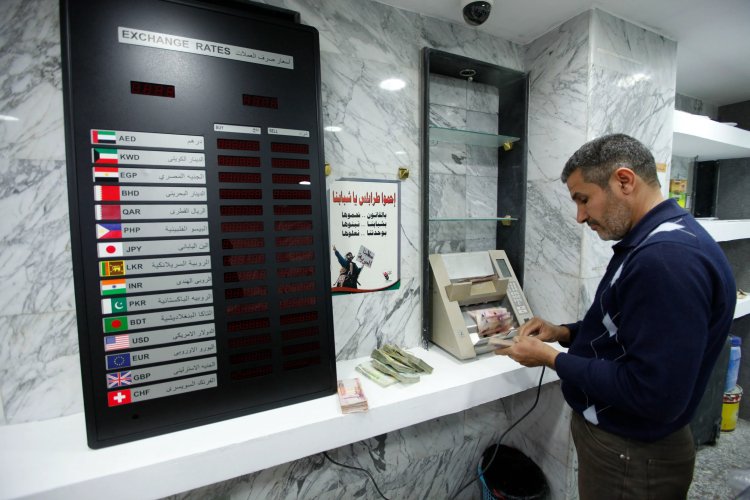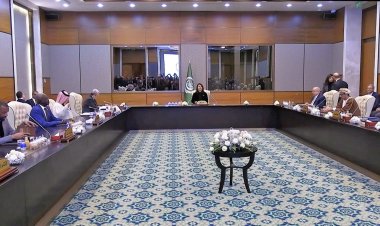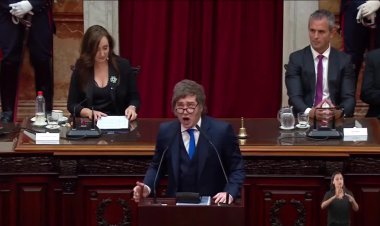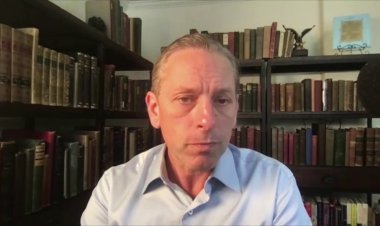Libya Struggles with Rising Prices Ahead of Ramadan

Libya may sit on Africa's biggest oil reserves, but many families are struggling with rapidly rising consumer prices as the festive Muslim holy month of Ramadan nears.
Libya's dinar currency -- which officially trades at 4.8 to the US dollar -- has recently dropped on the parallel market from around five dinar to the greenback to 7.5 now.
Economic analyst Abubakr al-Tur said "Libya is experiencing a critical situation with rising prices and a currency devaluation".
This, he said, has had "a major impact on the purchasing power of citizens, who are increasingly unable to obtain basic products".
Pointing to recent business closures and lay-offs, the analyst said "it's difficult and impacting all classes, except the richest".
Interim Prime Minister Abdulhamid Dbeibah, who leads a UN-recognised government in Tripoli, said that his government "shared the concerns of the Libyans".
He said he is "determined to bring the dinar back to the level of before", evoking "plots hatched to exploit people's difficulties" and to "maintain instability" in Libya.
Libya is still struggling to recover from years of war and chaos since the 2011 overthrow of longtime dictator Moamer Kadhafi and remains split between two rival administrations.
The north African country of seven million people is plagued by instability and corruption.
Libya earns around $20 billion per year in net revenues from oil and gas exports, which accounts for around 95 percent of state revenue.
Much of this wealth pays for a bloated public sector that employs almost one third of the population, as well as for state subsidies meant to guarantee low prices for fuel and, until recently, basic foodstuffs.
The cost of living crisis and foreign cash crunch come after the Central Bank of Libya announced steps it said were aimed at ensuring greater financial stability.















